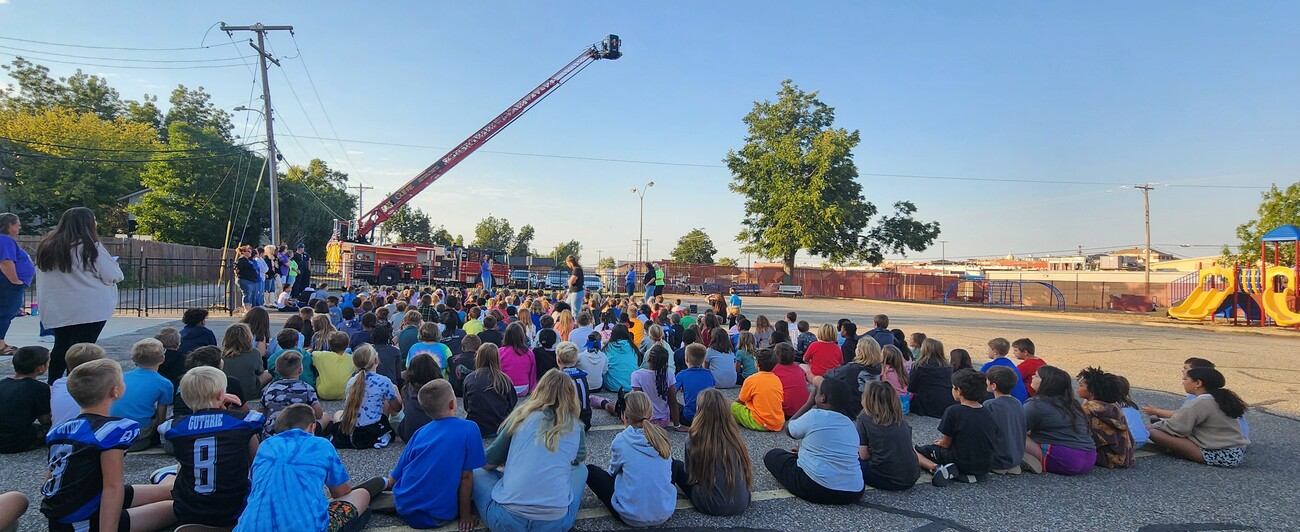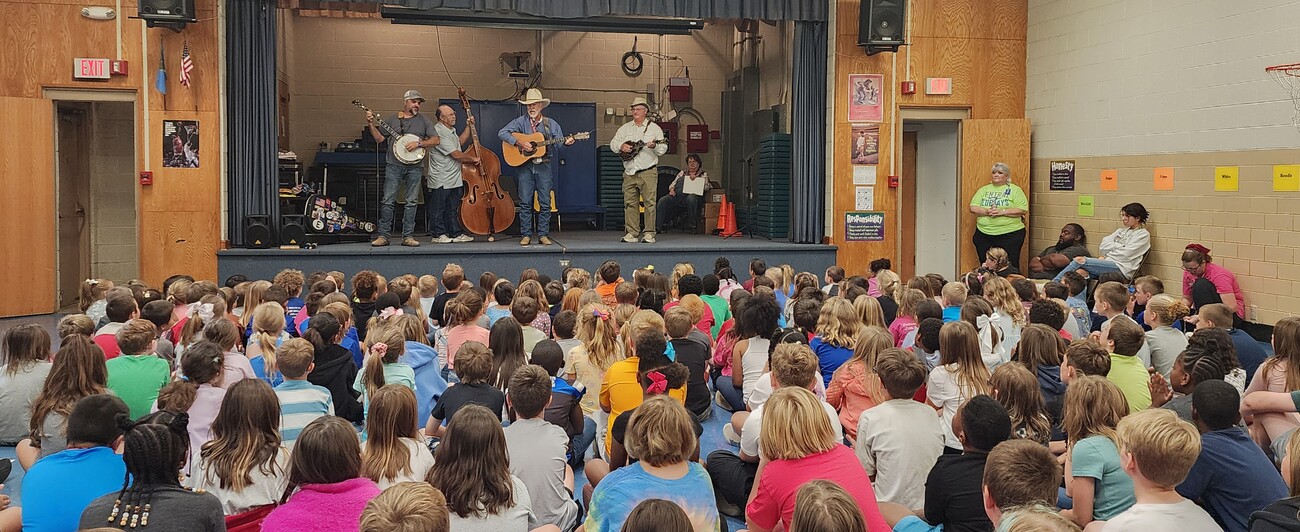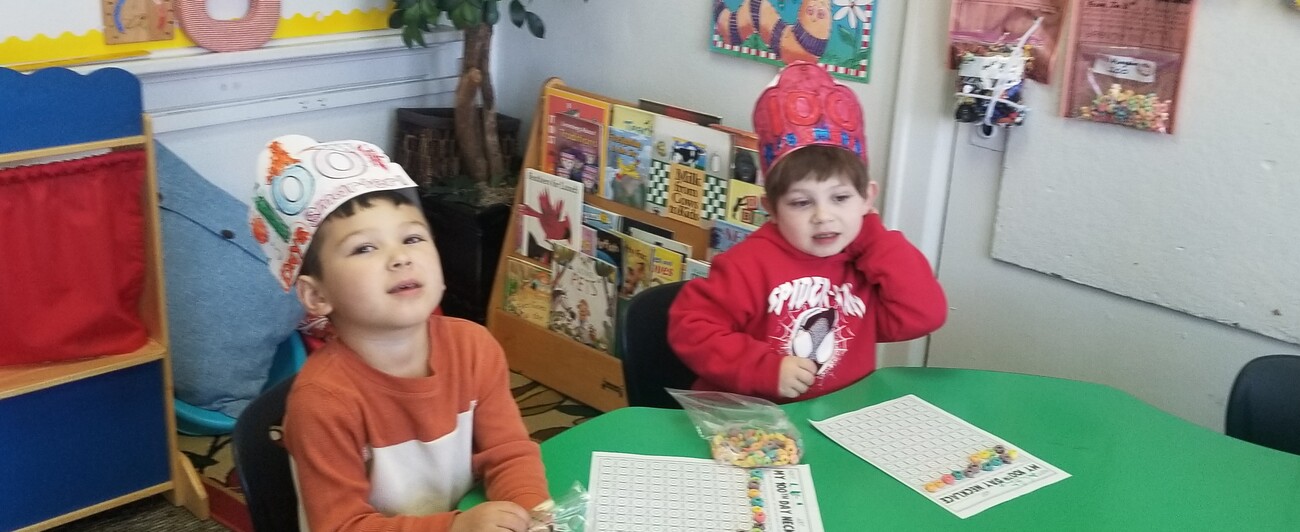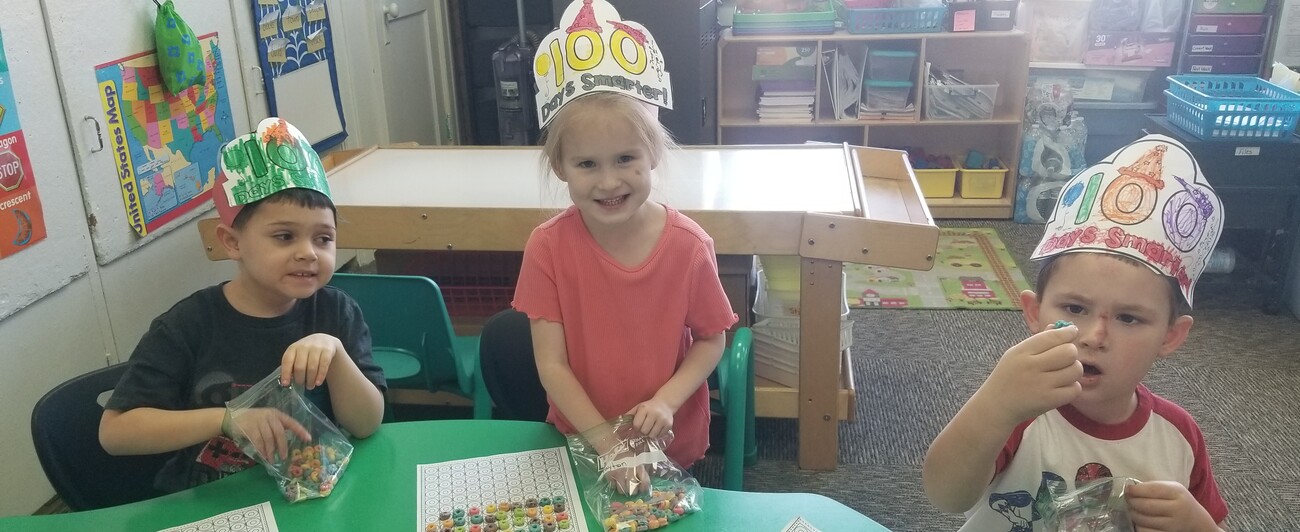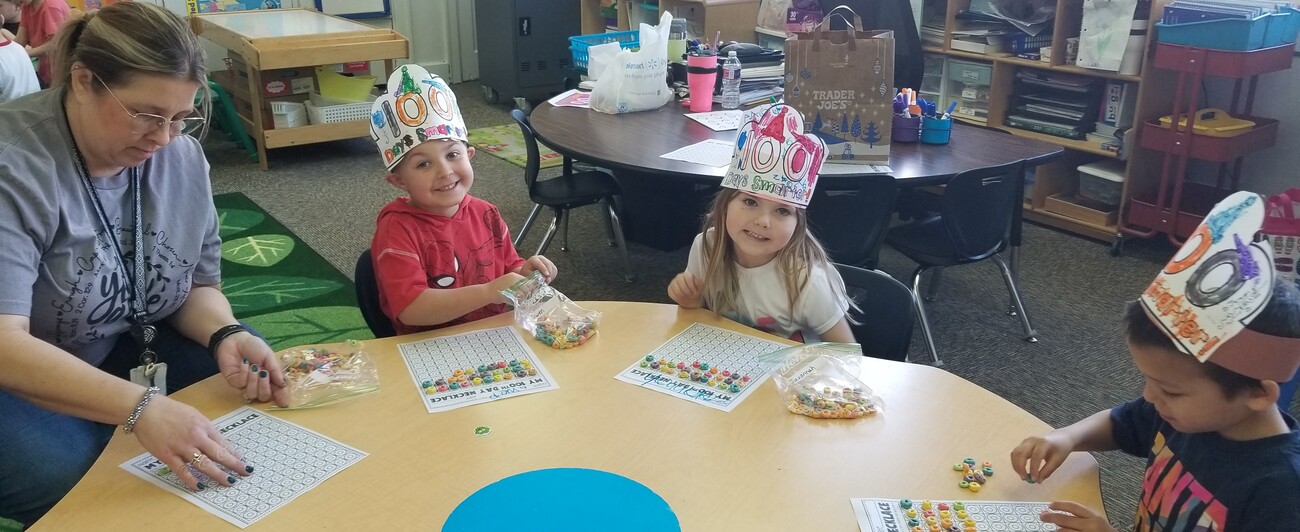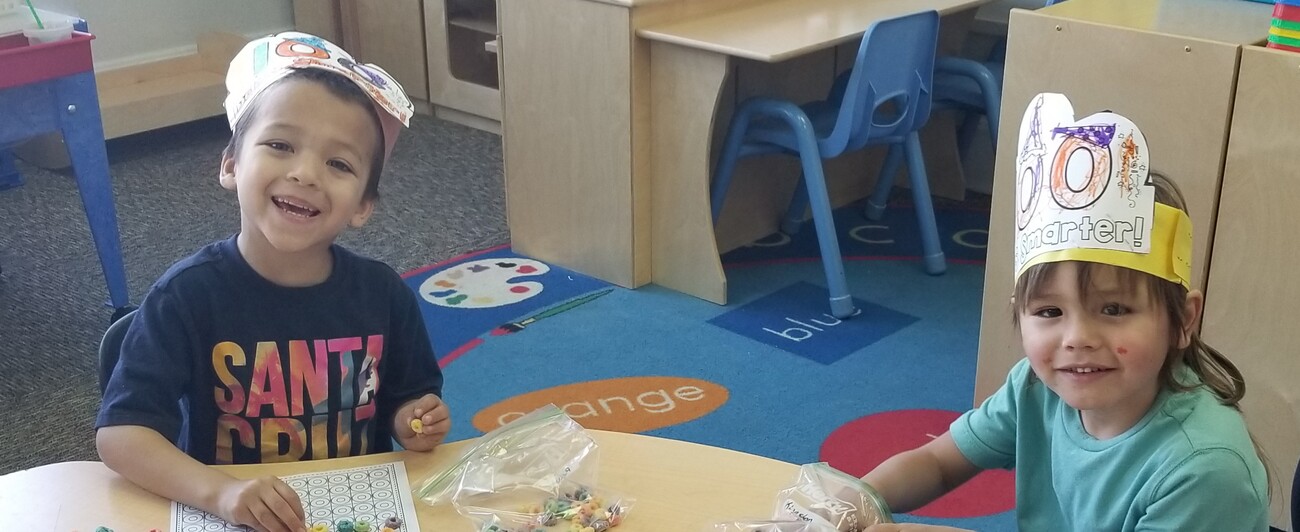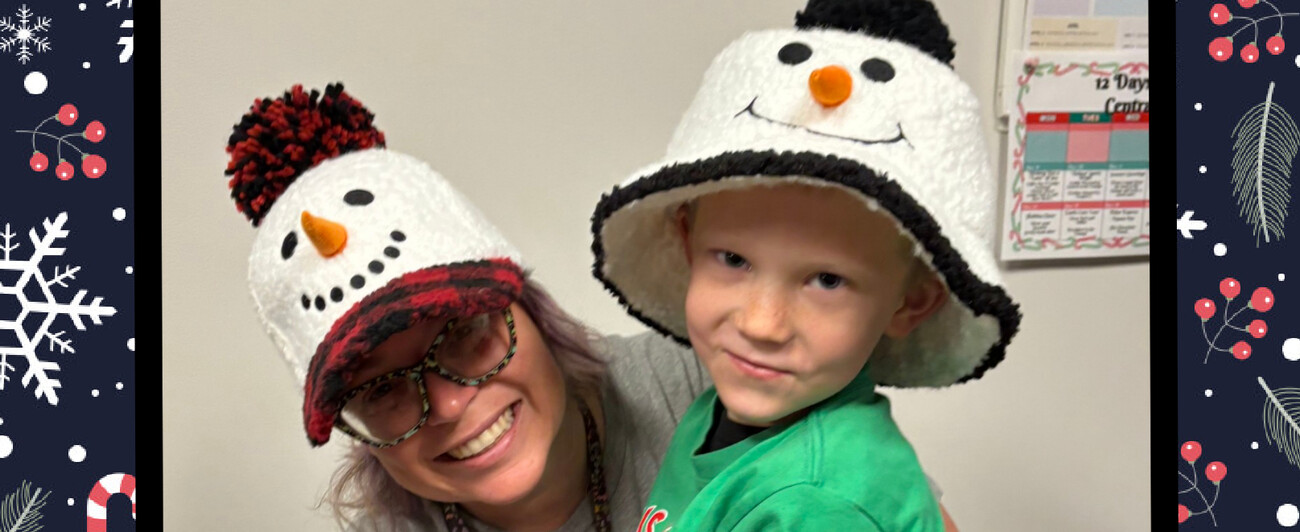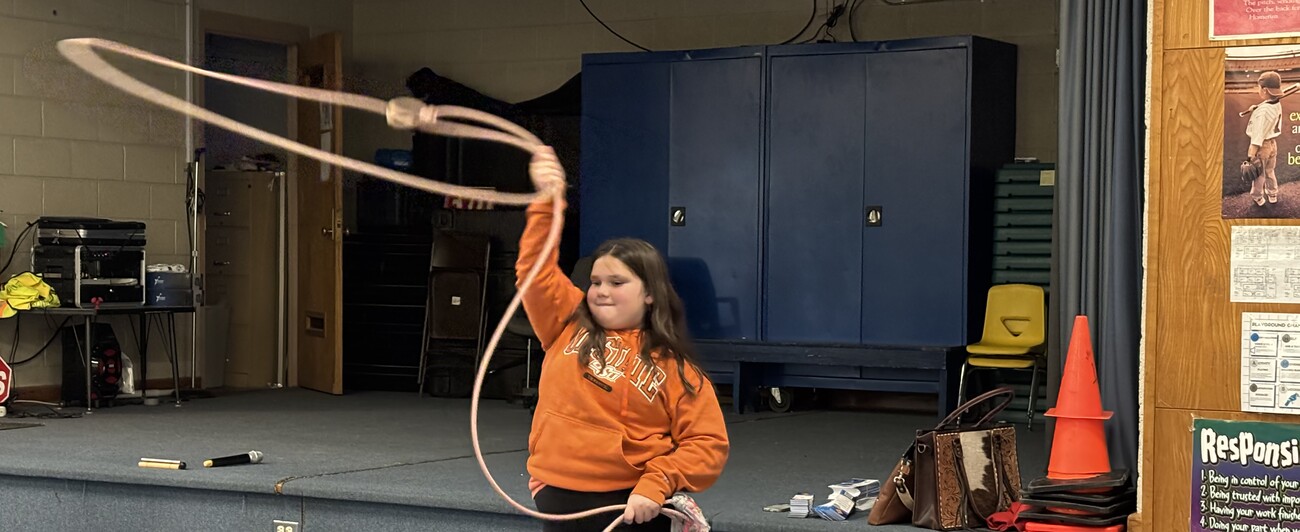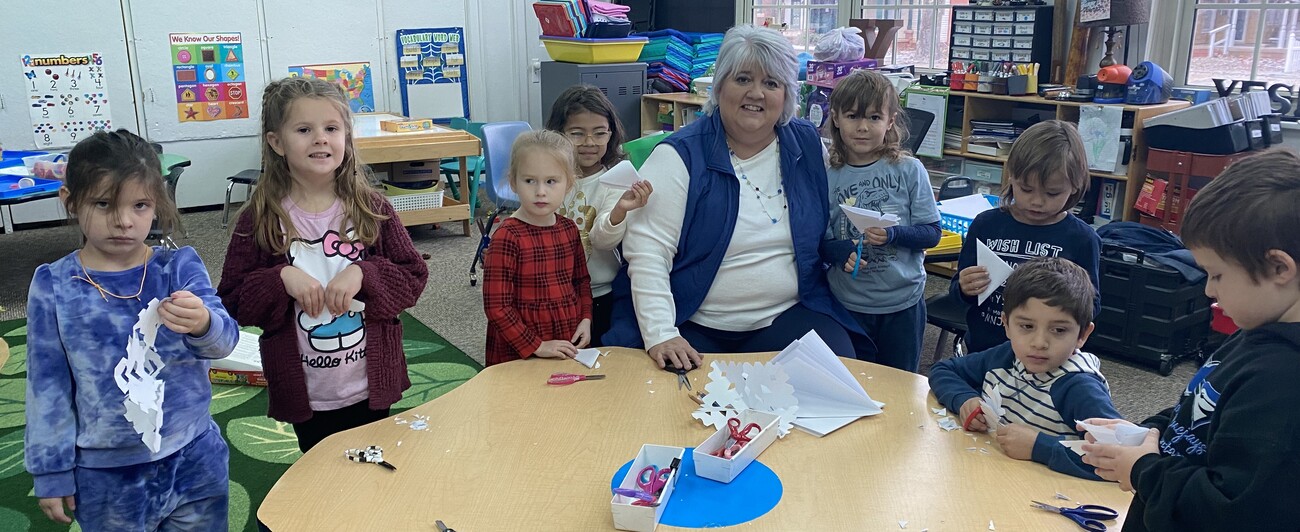February News Article
 February Literacy News
February Literacy News 
Early Efforts to Write
Much of a child's success as a writer is a product of early writing experiences. Parents, as children's first teachers, play an important role in the development of young writers.
Writing and reading go hand in hand. As your child is learning one, he is learning the other. You can do certain things to make sure that he gets every opportunity to practice both. For example, giving your child crayons and paper when he is a preschooler, and encouraging him to draw and scribble will help develop the muscle control needed for writing as he gets older. These first scribblings and drawings are his first writing.
In kindergarten, children learn how to hold a pencil, that sentences begin with a capital letter, that you need spaces between words, and much more. For now, it's just important that he tries to write and sound out letters and share his thoughts.
Writing alphabet letters helps your child learn about their different sounds. His very early learning about letters and sounds gives him ideas about how to begin spelling words. When he begins writing words, don't worry that he doesn't spell them correctly. Instead, praise him for his efforts. In fact, if you look closely, you'll see that he's made a pretty good try at spelling a word for the first time. Later on, with help from teachers (and you), he will learn the right way to spell words. For the moment, however, he has taken a great step toward being a writer.
First Graders can be held accountable for correctly spelling words that have been on their spelling tests or on high frequency word lists that have been sent home by their teachers.
Adapted from: Helping Your Child Become a Reader; U.S. Department of Education, 2002.
Real Writing
Let your child see you write often. You are a model and a teacher. What you do is as important as what you say. Have children see you writing notes to friends, shopping lists and phone messages. When you make changes in what you write, it confirms for the child that revision is a natural part of writing.
When your child becomes more skilled at representing sounds with letters, try to find real reasons for your child to write. Writing is hard work for young children. As time goes on, children will strive to make their messages clearer by adopting standard form and formats (letters, spelling, etc). It takes many years to learn how to write what you want to say and spell it correctly. Give him the encouragement he needs to continue to put his thoughts on paper by being a willing listener when he reads what he has written.
Be alert for occasions when your child can be involved in writing. For example, you can suggest your child :
* write a thank you note for a present he received
* add notes at the end of parents' letters or emails
* label or write a sentence or two about what is happening in pictures in a photo album
* make lists--grocery lists, presents he wants, favorite books/songs/movies
* make entries on a family message board or in a message notebook where family members tell each other jokes, say thanks (or I'm sorry), or just write encouraging words like "Have a great day"
* make his own books so he can write stories to share with family and friends (be sure to allow room on each page for his illustrations)

